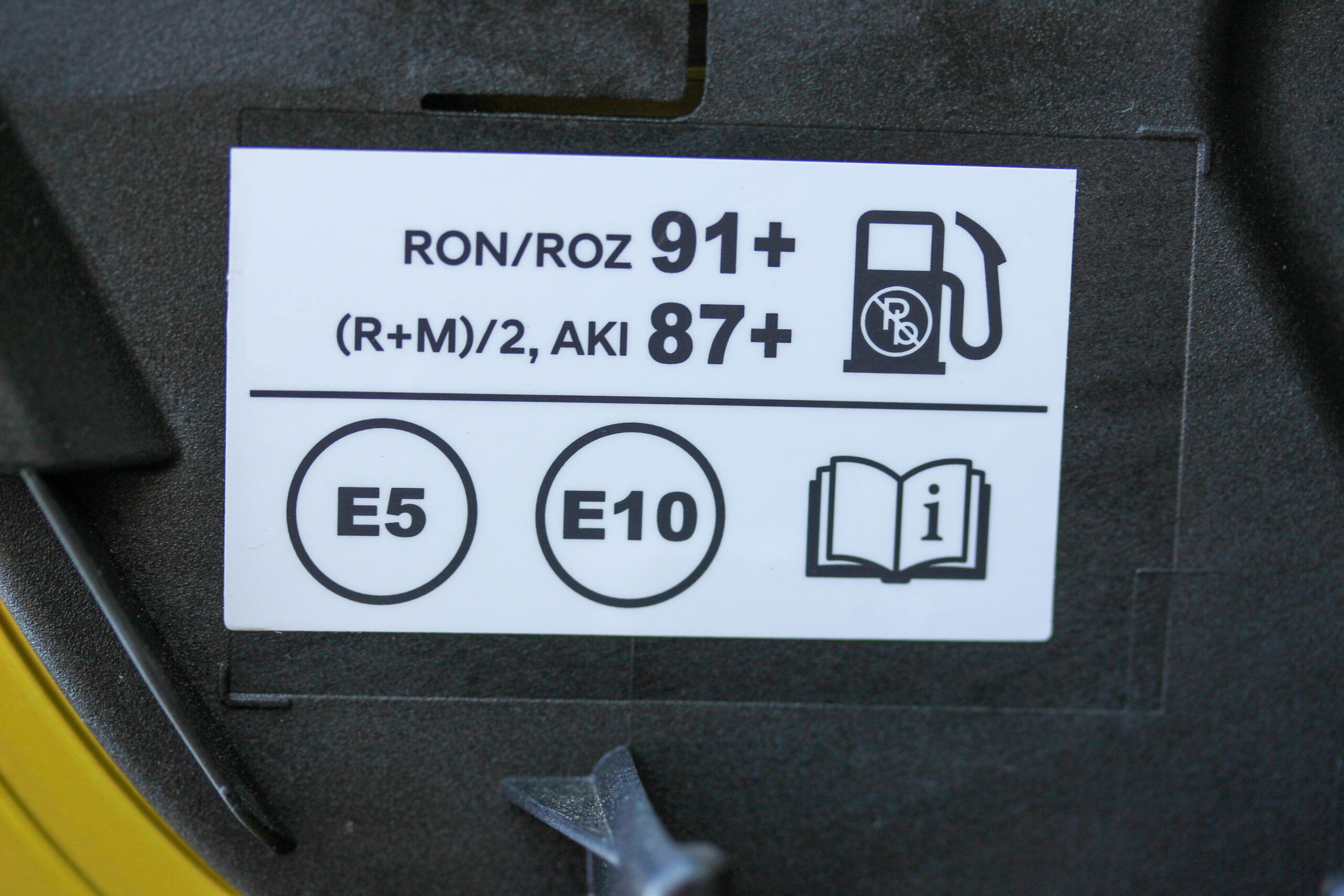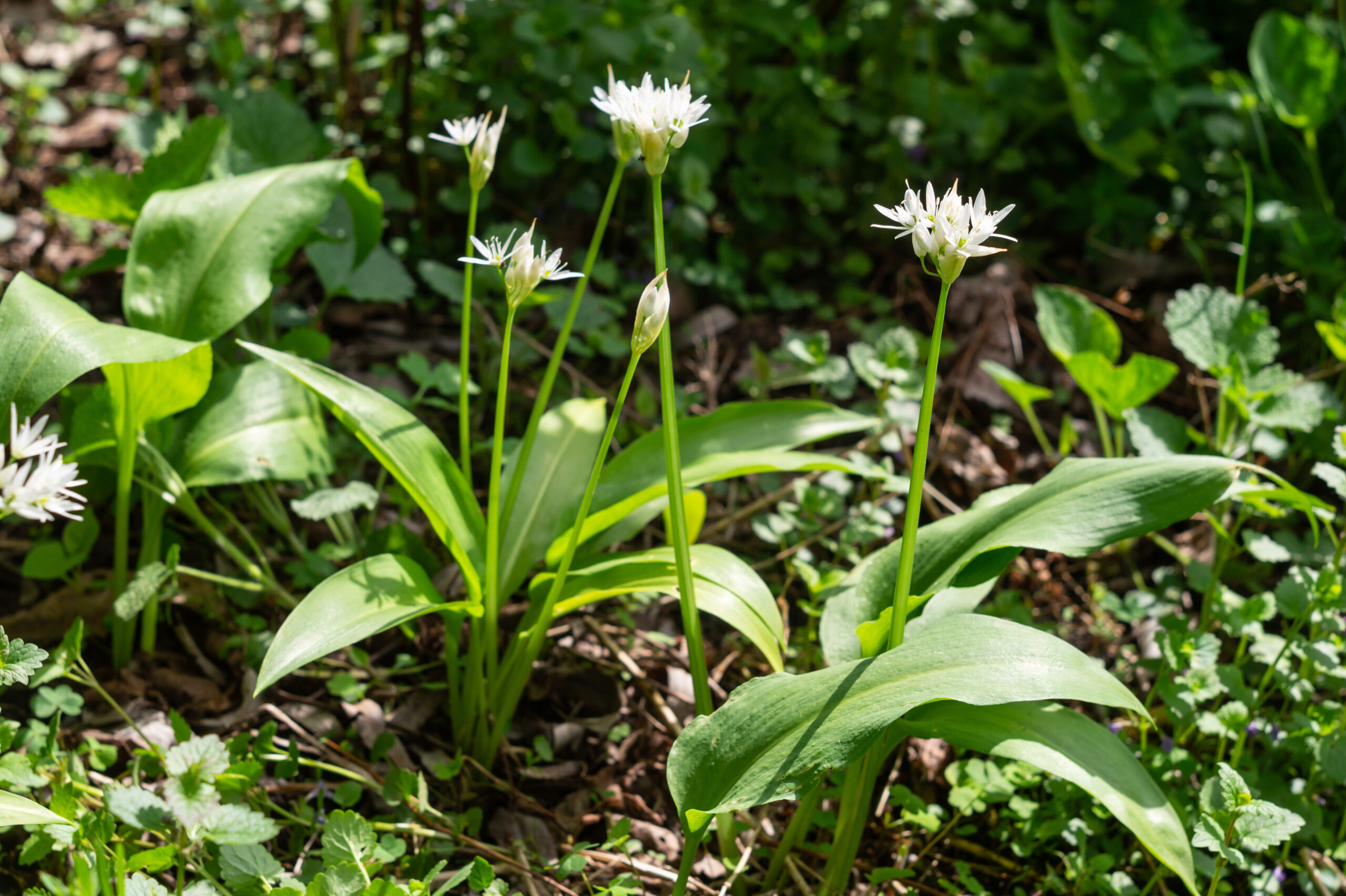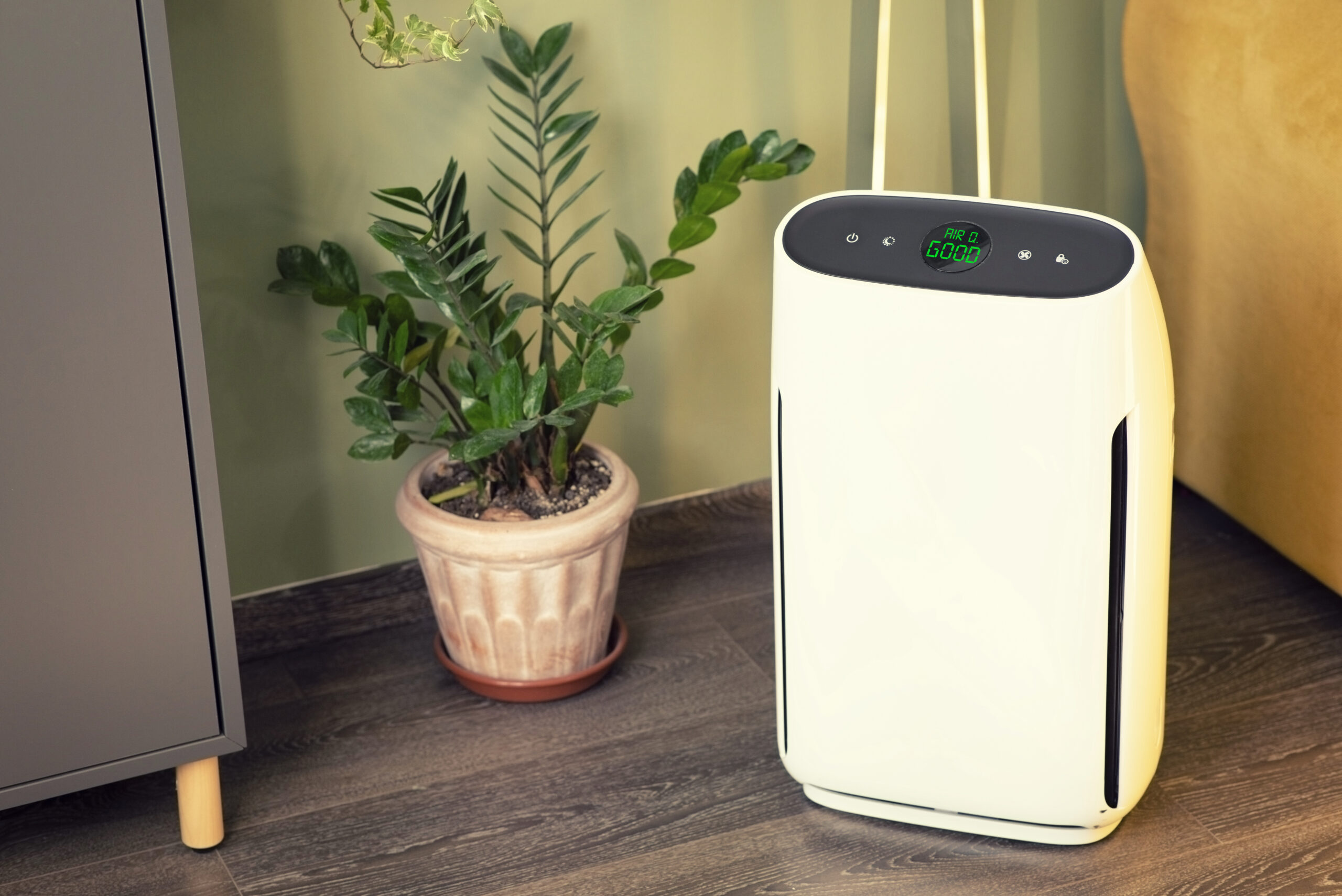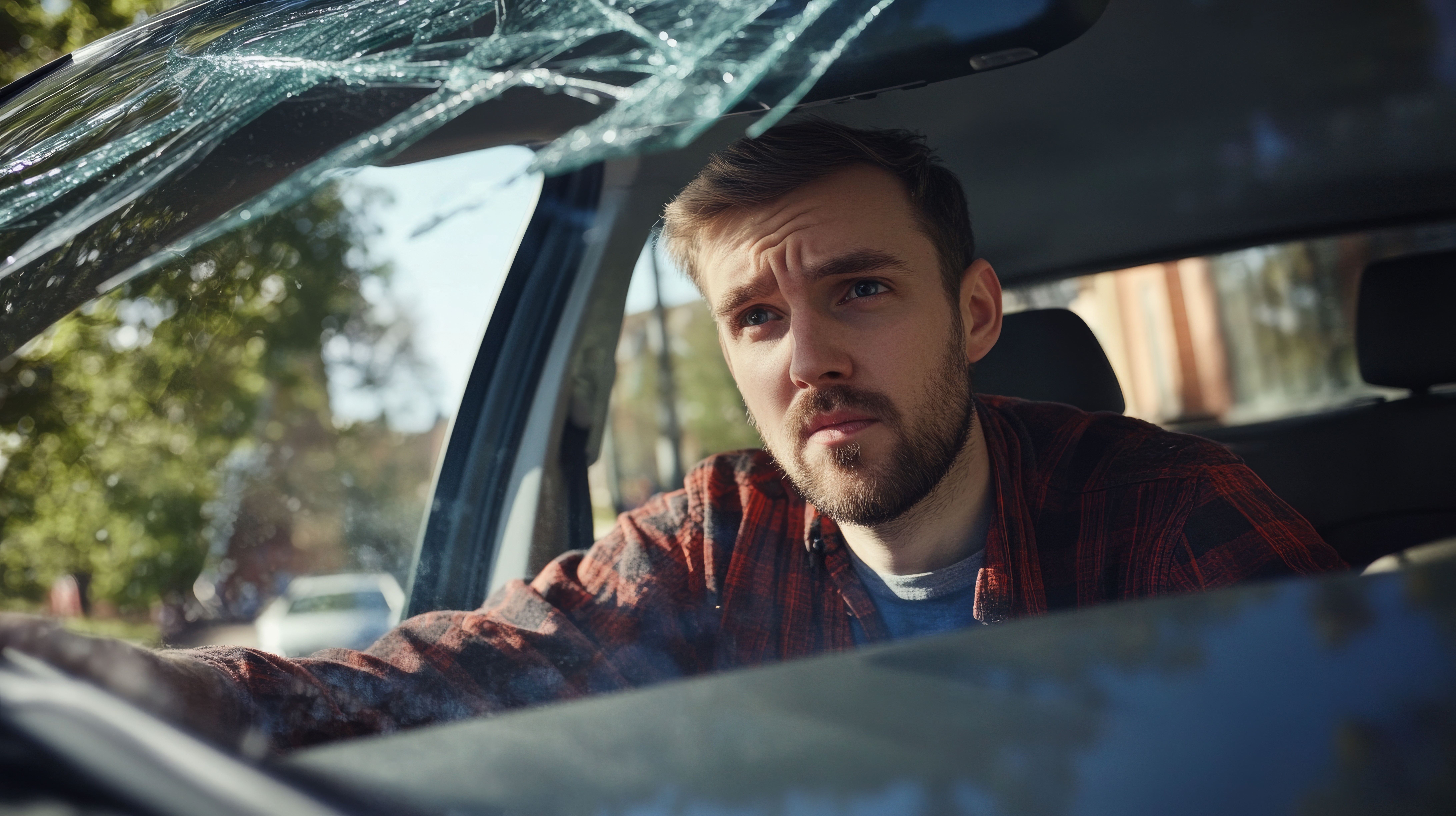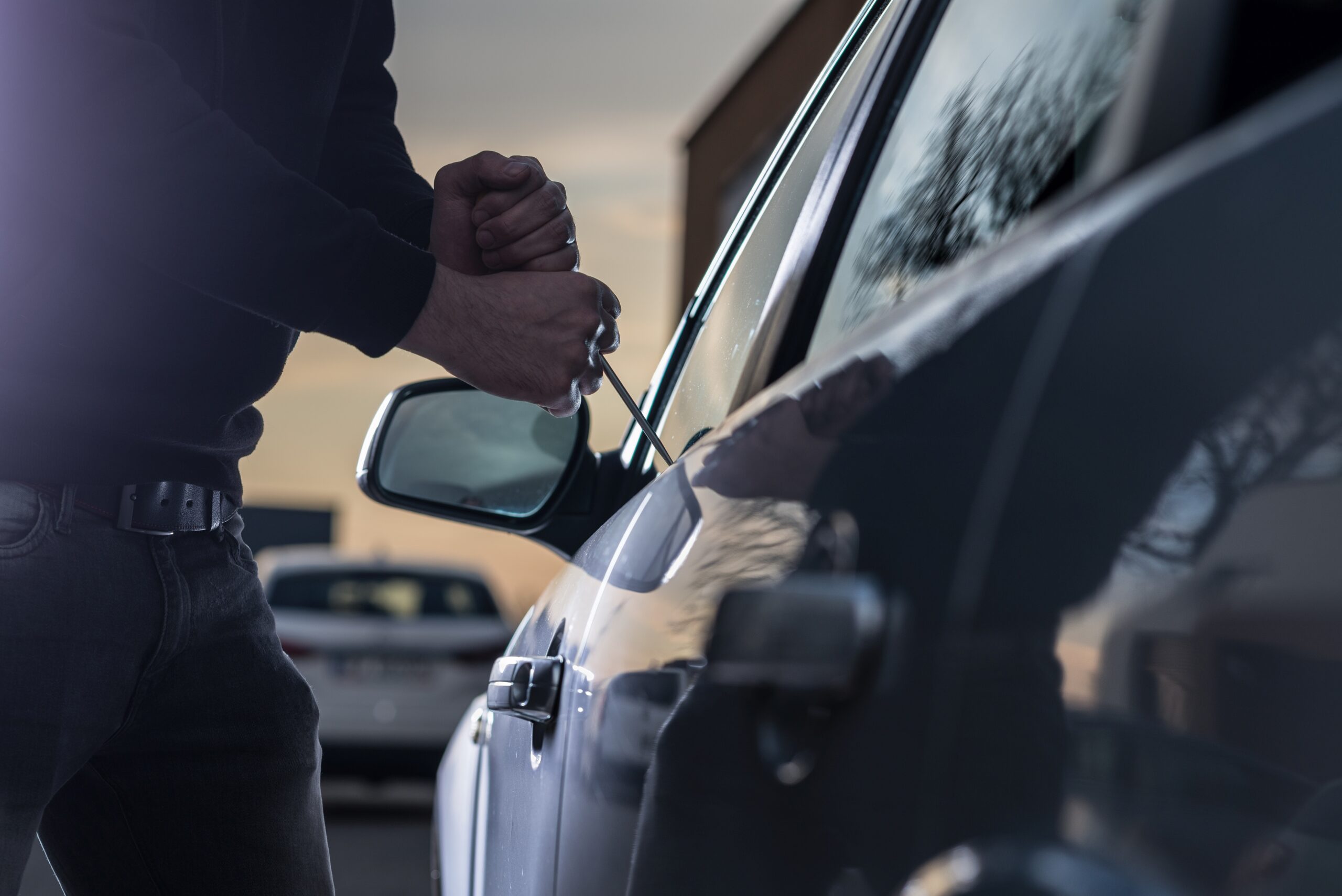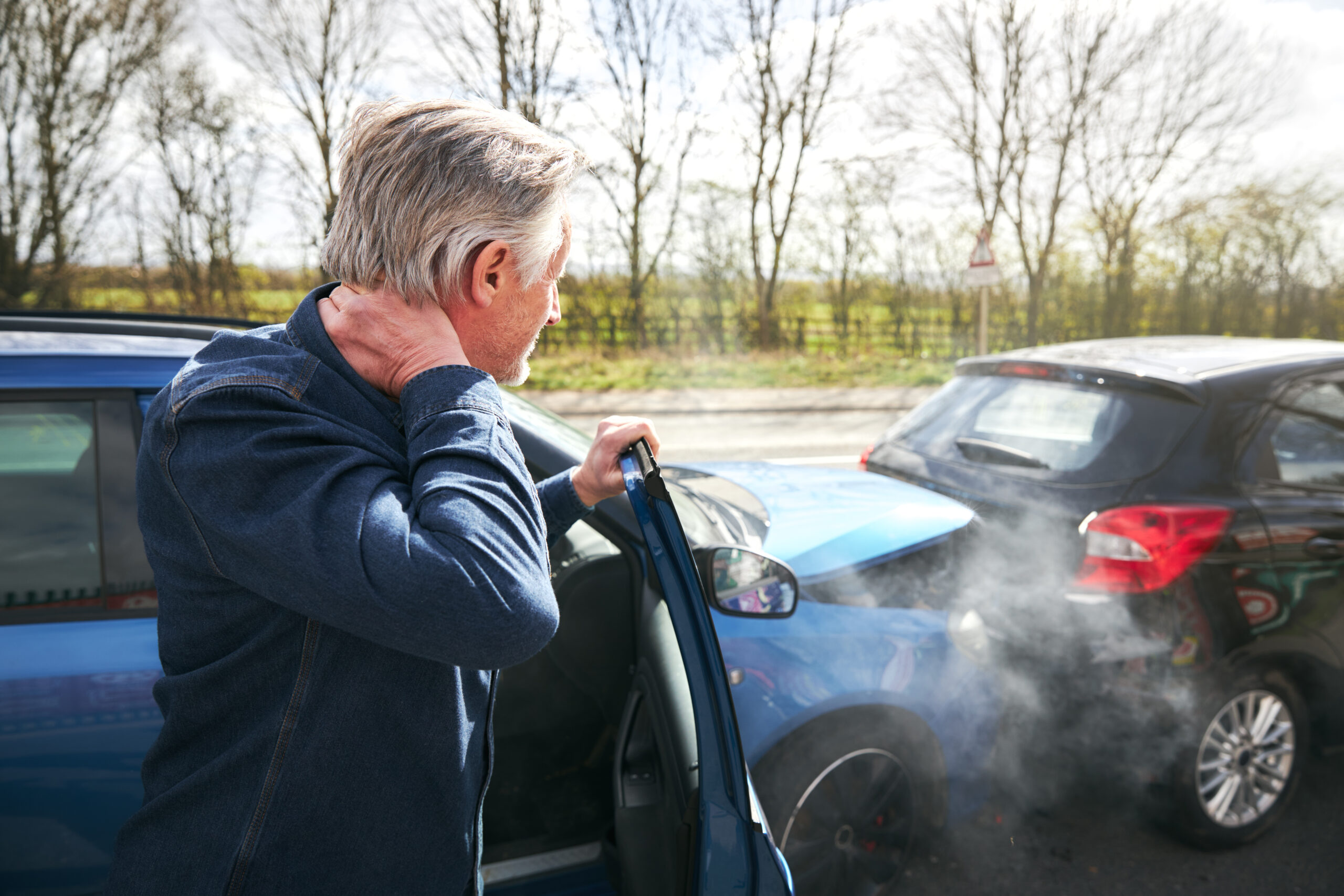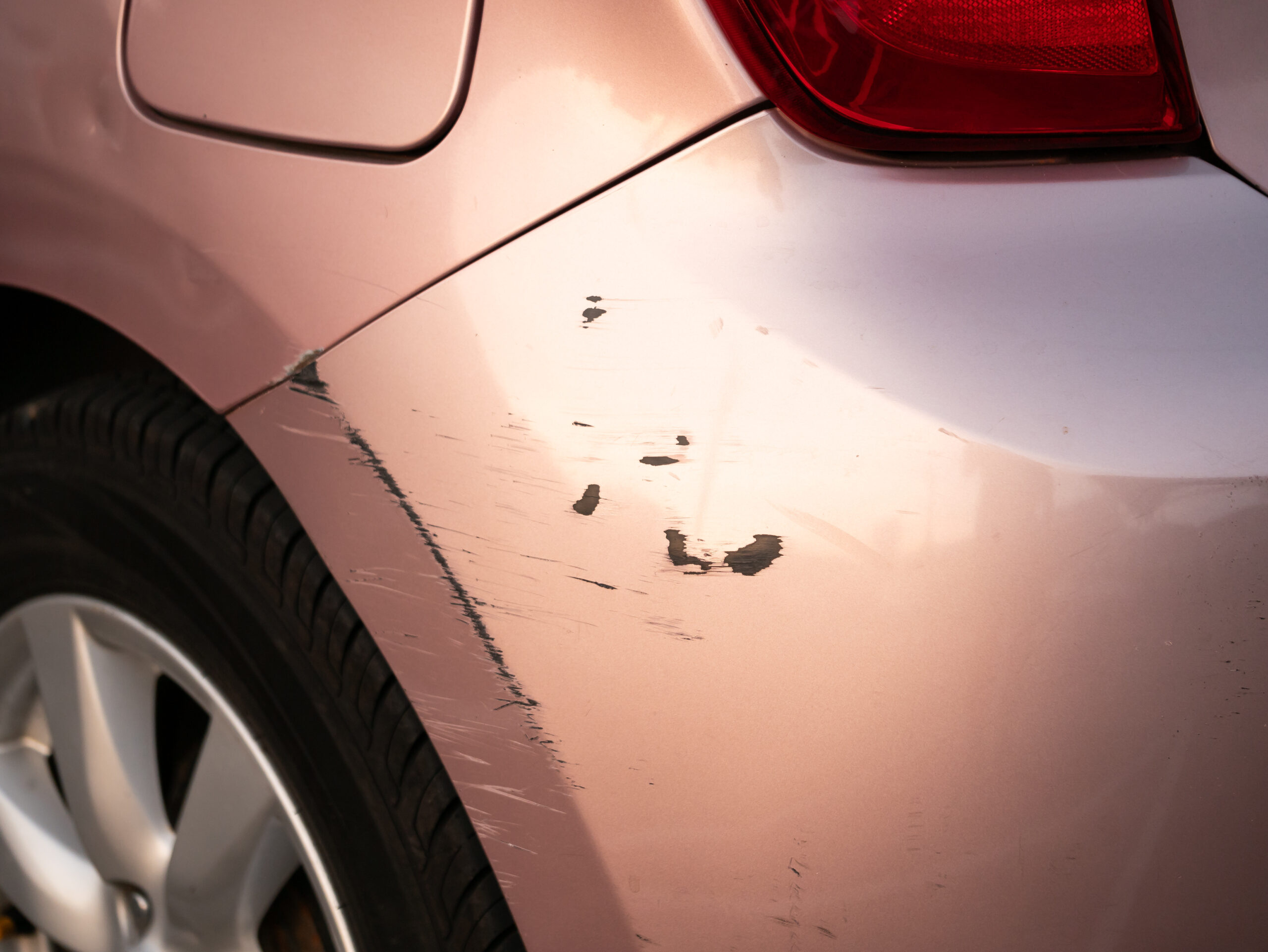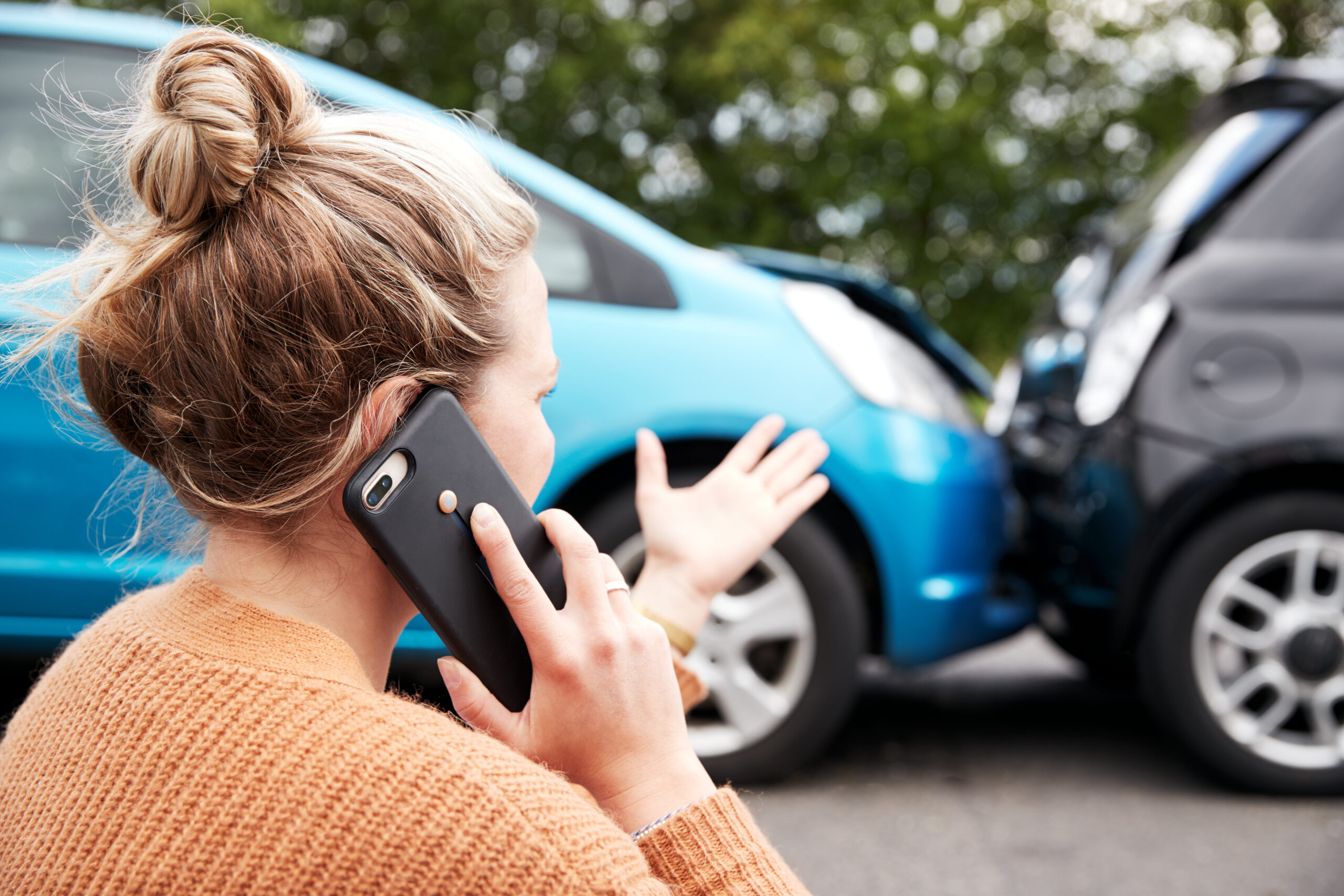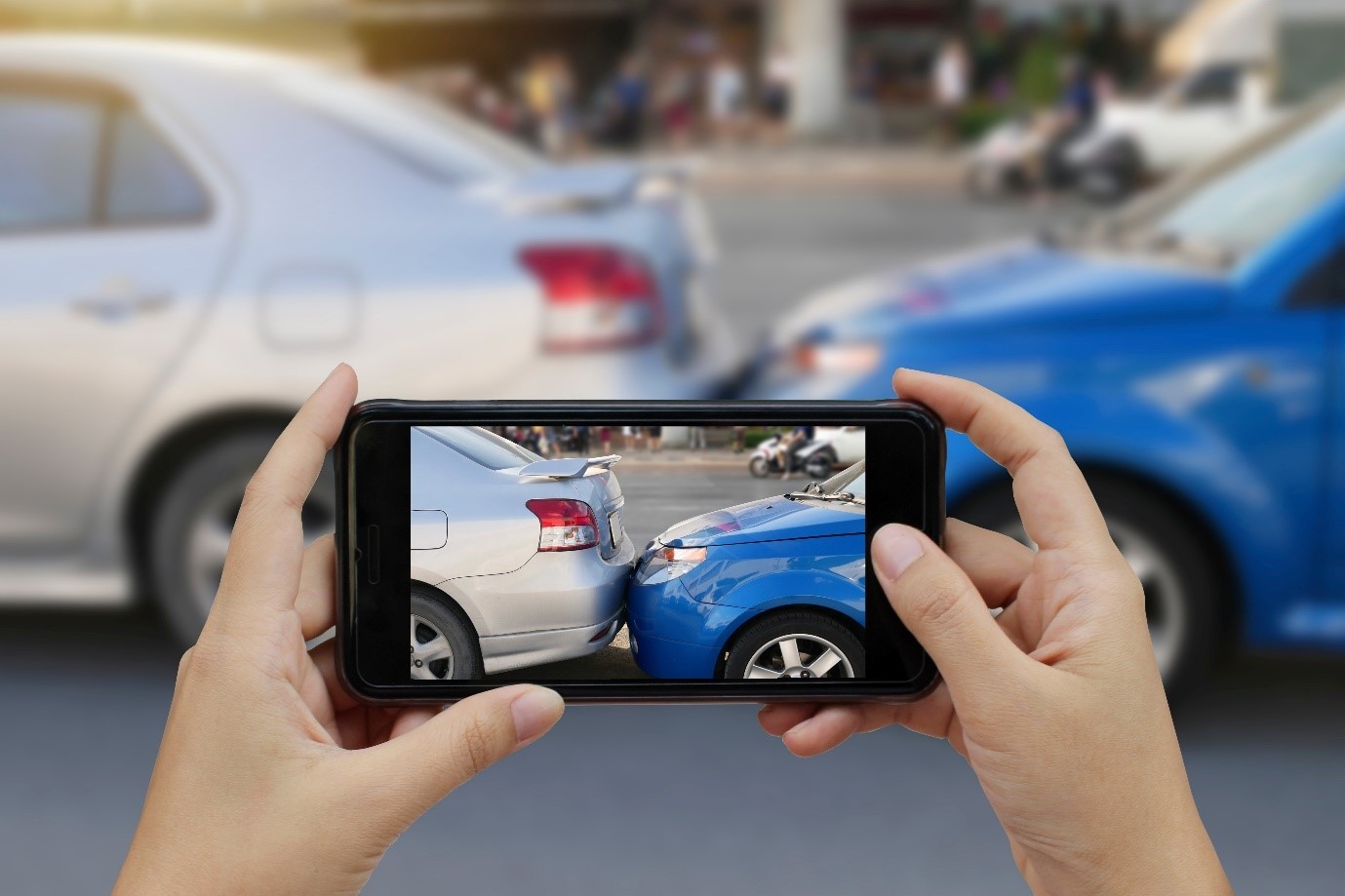In today’s throwaway world, the appeal of shiny new products can be hard to resist. Especially with companies offering cheaper and cheaper products en masse and delivered in 24 hours from the comfort of your own home.
According to the UN consumers purchase 60% more clothing than just 15 years ago, and each item is kept only half as long.[1] However, there’s a growing trend of eco-consciousness that is fuelling the popularity of buying second -hand items.
Why should you buy second hand?
The most obvious reason is it’s often cheaper than buying new. As soon as something leaves the shop new, it loses value. With a cost-of-living crisis going on, there’s no better time to make the swap to second hand.
Buying second hand not only saves you money, but it also reduces waste. What happens to products you no longer want? Quite often, they will end up in landfill, even if they are perfectly reusable or recyclable.
The sad truth is, if you buy something new and return it because it doesn’t fit, it will more than likely end up in landfill.[2] So selling second hand yourself is important too!
The good news? By 2024, 10% of the global apparel market is expected to be made up of second-hand apparel.[3]
In this blog, we will explore some of the best things you can buy second hand.
1. Clothing and Accessories:

One of the most popular categories for second-hand purchases is clothing and accessories. Thrift and vintage stores, charity shops, and online marketplaces offer a treasure trove of pre-loved items.
Use apps like Depop, Vinted and Ebay for nearly new and vintage clothes, shoes and accessories, straight from your phone.
You can find unique and vintage pieces that add character to your wardrobe without breaking the bank. Whether you’re looking for designer labels, trendy fashion, or essentials, second-hand clothing offers a wide range of options to suit your style and budget.
2. Furniture and Home Décor:

Furnishing your home can be expensive, but buying second-hand furniture and home décor can help you create a stylish space on a budget.
Again, charity shops, fleamarkets, car boot sales and online marketplaces like Ebay are great places to find high-quality furniture, antiques, and unique home decor items.
Plus, with a little bit of creativity and DIY spirit, you can give new life to these pieces and make them your own.
Facebook marketplace and Gumtree are a great way to grab yourself some bargains. People are often looking to get rid of good quality furniture quickly to make space, meaning they’re often open to selling items for less money. Keep your eyes peeled and be ready to make an offer!
3. Electronics:

Technology is constantly evolving, so buying second-hand electronics can be a cost-effective way to meet your needs. Websites like Ebay are great for this as they offer a guarantee if anything should be wrong with your product when it arrives.
There is also the option of refurbished electronics. Amazon offer a wide range of used laptops, smartphones, tablets, and gaming consoles at significantly lower prices than brand new items. You can check out their ‘Warehouse deals’ where they sell refurbished electronics that have been returned at a discount. They also have an ‘Amazon Outlet’ where they sell ‘overstocked items’ at a reduced price.
Just make sure to do your research, be aware of fakes and buy from reputable sellers. Also Check for warranties or return policies to ensure you’re getting a good deal.
4. Books:

For avid readers, buying second-hand books is a no-brainer. Used bookstores, charity shops, car boot sales, as well as libraries offer an extensive selection of novels, textbooks, and non-fiction at discounted prices.
Not only will you save money, but you’ll also contribute to the sustainability of the publishing industry and give old books a new home. There are some fab online options for used books such as:
- World Of Books
- Music Magpie
- Ebay
- And of course, Amazon – simply click the ‘used offers’ option highlighted below the regular price.
Or why not try swapping with friends once you’ve finished your favourite novel? It’s so much better than it gathering dust on a shelf – and free!
5. Sporting Goods:
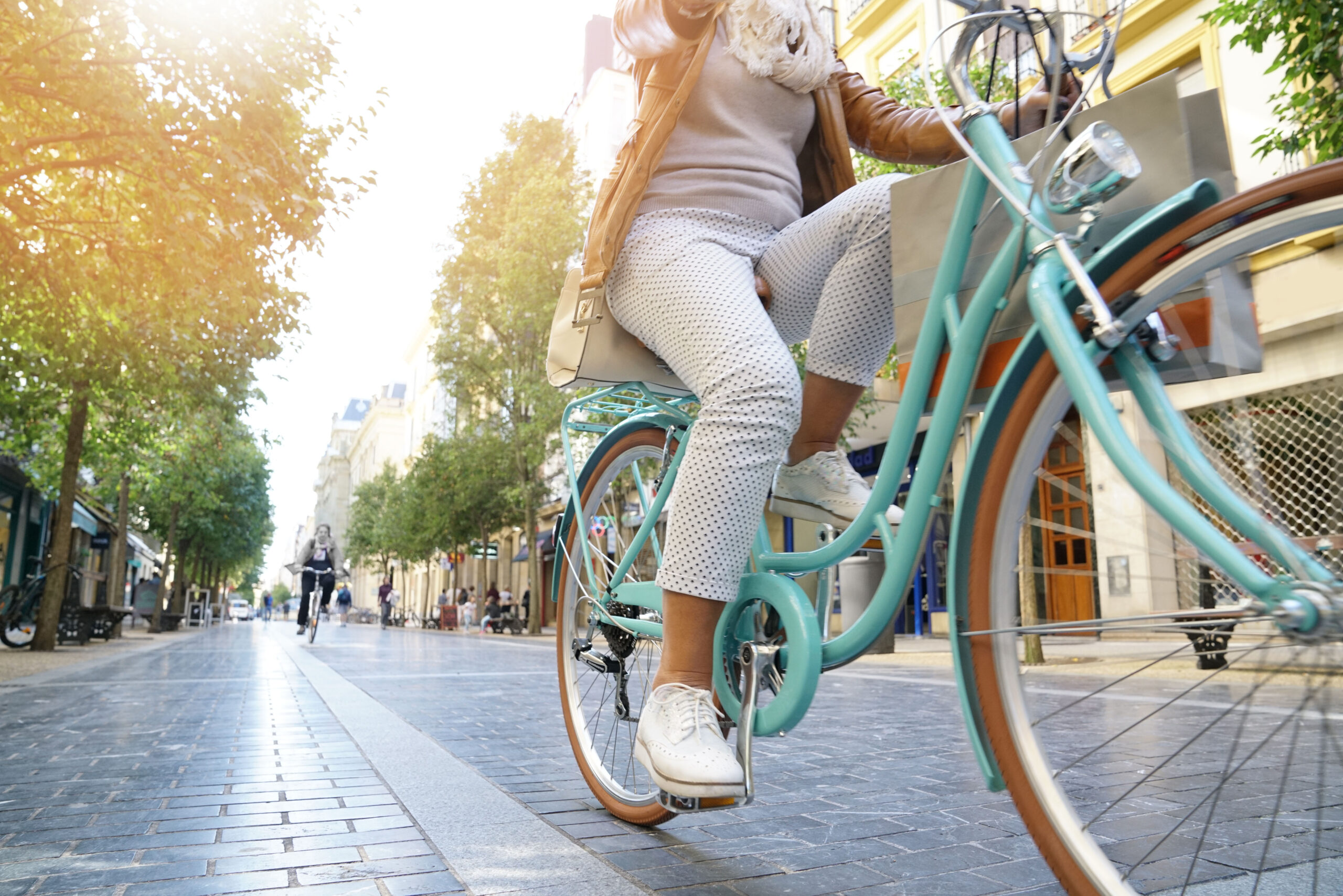
If you’re into sports or outdoor activities, purchasing second-hand sporting goods can save you a considerable amount of money. Whether you’re looking for bicycles, golf clubs, or fitness equipment, thrift stores and online marketplaces often have a wide range of options available. Take advantage of these deals to pursue your hobbies and stay active without breaking your budget. Try Gumtree, Facebook Marketplace, or car boot sales. Or for extra safety and a guarantee, we’d recommend Amazon outlet / warehouse and eBay for a built in money back guarantee if anything should go wrong.
Opting for second-hand items is both financially savvy and eco-friendly. Whether it’s clothes, furniture, electronics, or books, the pre-loved market offers a wide range of choices to meet your needs. Embrace thrifty shopping to discover hidden gems, unique treasures, and quality goods that bring joy to your life. Choose the second-hand route for your next purchase and enjoy the benefits for your wallet and the planet.
Looking for other ways to be more sustainable? Check our blog on Sustainable Household Swaps.
Here at Vavista, we plant a tree for every car insurance policy sold. GET A QUOTE
